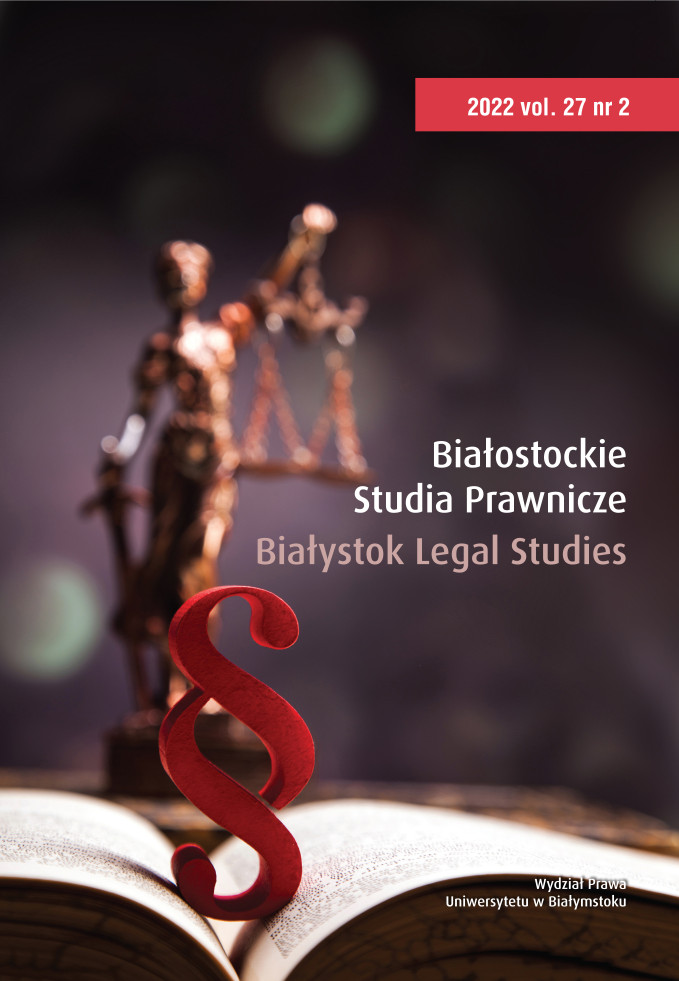The Coronavirus Pandemic and the Right to Vote in Lithuania
Słowa kluczowe:
special legal regime, quarantine, the electoral rightAbstrakt
This article analyses the special legal regimes that were introduced in Lithuania which dealt with the COVID-19 pandemic during the spring of 2020 and which decided on extraordinary measures in order to contain the spread of this vicious transmissible disease, and how the right to vote was ensured during the 2020 Parliament (Seimas) elections. After examining these special legal regimes, the article concludes that according to the Constitution, the threat to public health, inter alia caused by the worldwide spread of a vicious contagious disease, is not a constitutional ground for introducing a state of emergency per se, unless this threat to public health menaces the constitutional order or social peace. Therefore, the establishment of other special legal regimes – a disaster management regime and quarantine – was chosen, and were introduced by the government in accordance with the law. The analysis in this article shows that the right to vote during the 2020 Seimas elections was proportionately restricted due to the pandemic, and the pandemic did not prevent the holding of general, secret and direct parliamentary elections. The pandemic forced the Seimas to adopt long-awaited amendments to the laws that legalized electronic voting in the country.Bibliografia
Ayala Corao, C., Challenges that the COVID-19 Pandemic Poses to the Rule of Law, Democracy, and Human Rights, Max Planck Institute for Comparative Public Law & International Law (MPIL) Research Paper No. 2020–23, https://ssrn.com/abstract=3638158.
Birmontienė, T. and Miliuvienė J., Konstituciniai reikalavimai valstybės valdžios institucijoms reaguojant į pandemijos padiktuotus iššūkius Lietuvoje, (in:) L. Jakulevičienė and V. Sinkevičius (eds.), Lietuvos teisė 2020. Esminiai pokyčiai I dalis. COVI D-19 pandemijos sprendimai: teisiniai, valdymo ir ekonominiai aspektai, Vilnius 2020, pp. 7–22.
Birmontienė T. and Miliuvienė J., Pandemijos iššūkiai žmogaus teisėms ir laisvėms, (in:) L. Jakulevičienė and V. Sinkevičius (eds.), Lietuvos teisė 2020. Esminiai pokyčiai I dalis. COVI D-19 pandemijos sprendimai: teisiniai, valdymo ir ekonominiai aspektai, Vilnius, 2020, pp. 47–65.
Central Electoral Commission, Implementation of electronic voting https://www.vrk.lt/elektroninio-balsavimo-igyvendinimas.
Constitution of the Republic of Lithuania, Valstybės žinios (Official Gazette) 1992, No. 33–1014.
Constitutional Court of the Republic of Lithuania, Ruling of 1 October 2008, Valstybės žinios (Official Gazette) 2008, No. 114–4367.
Constitutional Court of the Republic of Lithuania, Ruling of 29 March 2012, Valstybės žinios (Official Gazette) 2012, No. 40–1973.
Constitutional Court of the Republic of Lithuania, Ruling of 15 February 2019, Valstybės žinios (Official Gazette) No. KT8-N2/2019, Register of Legal Acts, No. 2373.
Demokratinių institucijų ir žmogaus teisių biuras, Lietuvos Respublikos Seimo rinkimai 2020 m. spalio 11 ir 25 d. ODIHR rinkimų ekspertų grupės ataskaita, Warsaw 2021.
European Union Agency for Fundamental Rights, Fundamental Rights Report 2021, https://fra.europa.eu/en/publication/2021/fundamental-rights-report-2021.
Kauno diena, VRK vadovė apie elektroninį balsavimą: šiems rinkimams daugiau ne negu taip. https://kauno.diena.lt/naujienos/lietuva/politika/vrk-vadove-apie-elektronini-balsavima-siemsrinkimams-daugiau-ne-negu-taip-976603c.
Law on Civil Protection, 15 December 1998, No VIII–971, https://e-seimas.lrs.lt/portal/legalAct/lt/TAD/TAIS.378978?jfwid=92zt7rthx.
Law on Elections to the Seimas, 9 July 1992, No I–2721, https://e-seimas.lrs.lt/portal/legalAct/lt/TAD/10831a4018db11e5bfc0854048a4e288?jfwid=bkaxmnua.
Law on the Prevention and Control of Communicable Diseases in Humans, 25 September 1996, No. I–1553. https://e-seimas.lrs.lt/portal/legalActPrint/lt?jfwid=-0zrzend5&documentId=TAIS.373789&category=TAD.
Lietuvos Respublikos Vyriausybė nutarimas ‘Dėl valstybės lygio ekstremaliosios situacijos paskelbimo’, 26 February 2020, No-152, Register of Legal Acts, No. 4023.
Lietuvos Respublikos Vyriausybė nutarimas ‘Dėl karantino Lietuvos Respublikos teritorijoje paskelbimo’, 14 March 2020, No-207, Register of Legal Acts, No. 5466.
Lietuvos Respublikos Vyriausybės nutarimas ‘Dėl 2021–2030 metų nacionalinio pažangos plano patvirtinimo’, 16 September 2020, No-998, Register of Legal Acts, No. 19293.
Lrytas. Rinkimai, kokių Lietuvoje nebuvo: tūkstančiai žmonių namuose sulauks „kostiumuotų’ svečių, balsuodami turės būti stebimi https://www.lrytas.lt/lietuvosdiena/aktualijos/2020/09/24/news/rinkimai-kokiu-lietuvoje-nebuvo-tukstanciai-zmoniu-namuose-sulauks-kostiumuotu-sveciu-balsuodami-tures-buti-stebimi-16452432/.
Pukanasytė I., Atstovaujamosios demokratijos institutai Lietuvos konstitucinė teisė, (in:) Jarašiūnas, E. et al. (eds.), Lietuvos konstitucinė teisė, VĮ Registrų centras, Vilnius 2017. Vilnius 2017, pp. 328–368.
Stancelis, V., Balsavimo ir balsų skaičiavimo įranga: nuo popierinio biuletenio iki balsavimo internetu. Istorija galimybės, problem os ir spendimai, ‘Parlamento Studijos’ 2016, no. 20, http://www.parlamentostudijos.lt/Nr20/files/88–111.pdf.10.51740/ps.vi20.128
Teise.pro, Karantinas – ir mobilumui, ir žmogaus teisėms? https://www.teise.pro/index.php/2020/05/01/karantinas-ir-mobilumui-ir-zmogaus-teisems/.
Vaičaitis, V., Specialieji teisiniai režimai, ‘Teisė’ 2020, vol. 117, pp. 79–98.10.15388/Teise.2020.117.5
Valadkevičius, S., Balsavimo internetu įgyvendinimas ir elektroninės apylinkės. Geriausios užsienio praktikos ir taikymo Lietuvoje galimybės, http://kurklt.lt/wp-content/uploads/2015/10/Balsavimo-internetu-%C4%AFgyvendinimo-ir-elektronini%C5%B3-apylinki%C5%B3-projektas.pdf.
White Gloves, Seimas election observation data, https://www.baltosiospirstines.lt/apie/ataskaitos.



